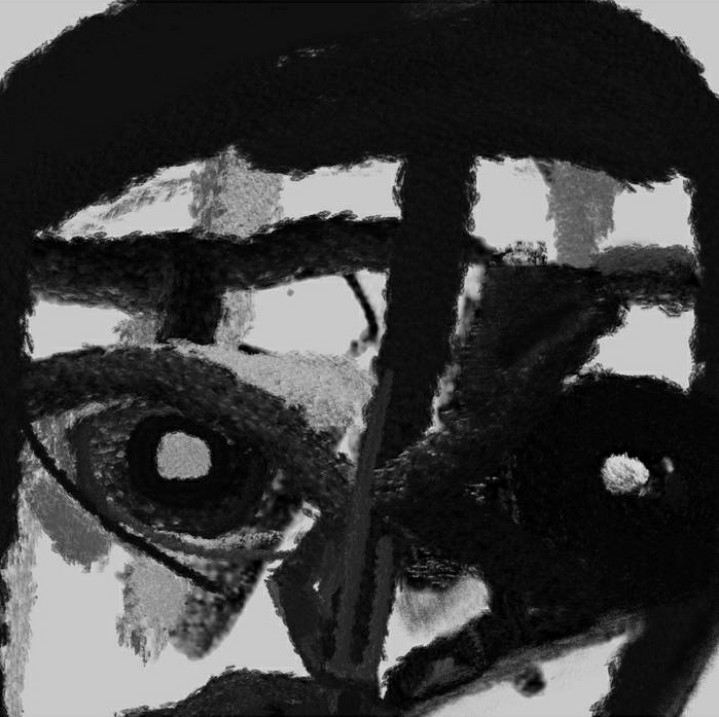Cyclic Law bringen Mitte nächsten Monats und kein Jahr nach dem Release “Medea Forgives Jason” das vor sechs Jahren digital erschienene Album “Monochromia” der Musikerin Darja Kazimira neu und erstmals auf CD heraus. Es enthält eine Reihe an Begräbnisgesängen aus der griechisch-orthodoxen Tradition, die in Kazimiras an der griechischen Tragödie orientierten Interpretationen einen archaischen Ritualcharakter erhalten.
“This album was a completely impulsive act, the realization of a regular artistic idea, which initially did not mean the final result. This idea was inspired by my great-grandfather, who devoted his whole life to serving the ceremony of “following the dead” (Νεκρώσιμος Ἀκολουθία) and classic examples of ancient Greek literature. But in the end, “Monochromia” became one of my first big works. Here, only the “dialogizing” musical-improvisational experiment and the very nature of the ancient Greek tragedy, which demonstrate the archaic principle of distribution and the interaction of ordinary and ritual violence in the system of relations between man and metaphysics, were of importance. And of course, a large space of the theme of death opens up here. In turn, it is the theme of “sacred violence”, funeral, burial, and initiating rites that is the ideological basis for me throughout my creative activity. Certainly, in this situation, the opportunity, with the help of other people, in a closed space, to recreate a mass state of comprehension of death, is very interesting.
Indeed, for this it is necessary to violate, among other things, the bodily and mental boundaries of the participant in such an act, to create a precedent for trauma and deformation, transforming these actions into an audial pit. I just invited all of us, the participants, to cry and grieve together. Perhaps, if I had known in advance that this music would become an album, I would have brought this central state to its apogee and horror. But in the current situation, it turned out to be a very “humane” anthem of human death. Of course, this softness, which is not characteristic of my other works, the sound of “Monochromia” acquired in many respects thanks to a group of initiative people who wanted to take part in this, and I just acted here as a guide and a mirror. This is more a story about mourners at other people’s funerals. At that moment in my life, it was this wonderful tradition that seemed to me the most valuable experience.” (Darja Kazimira)
